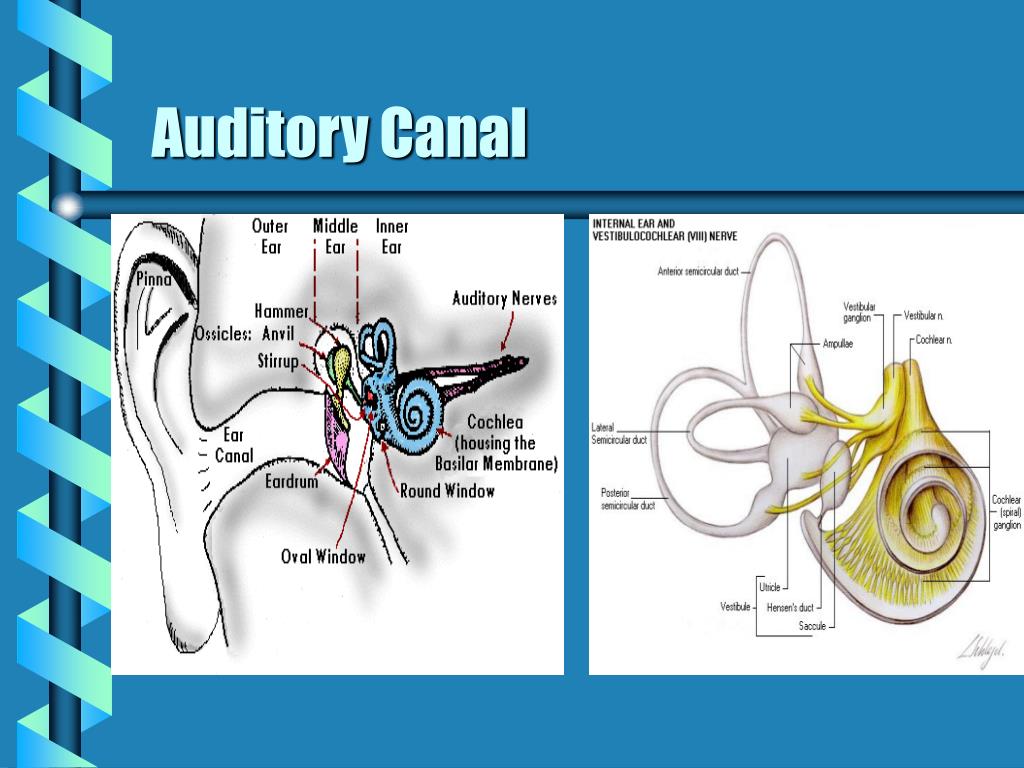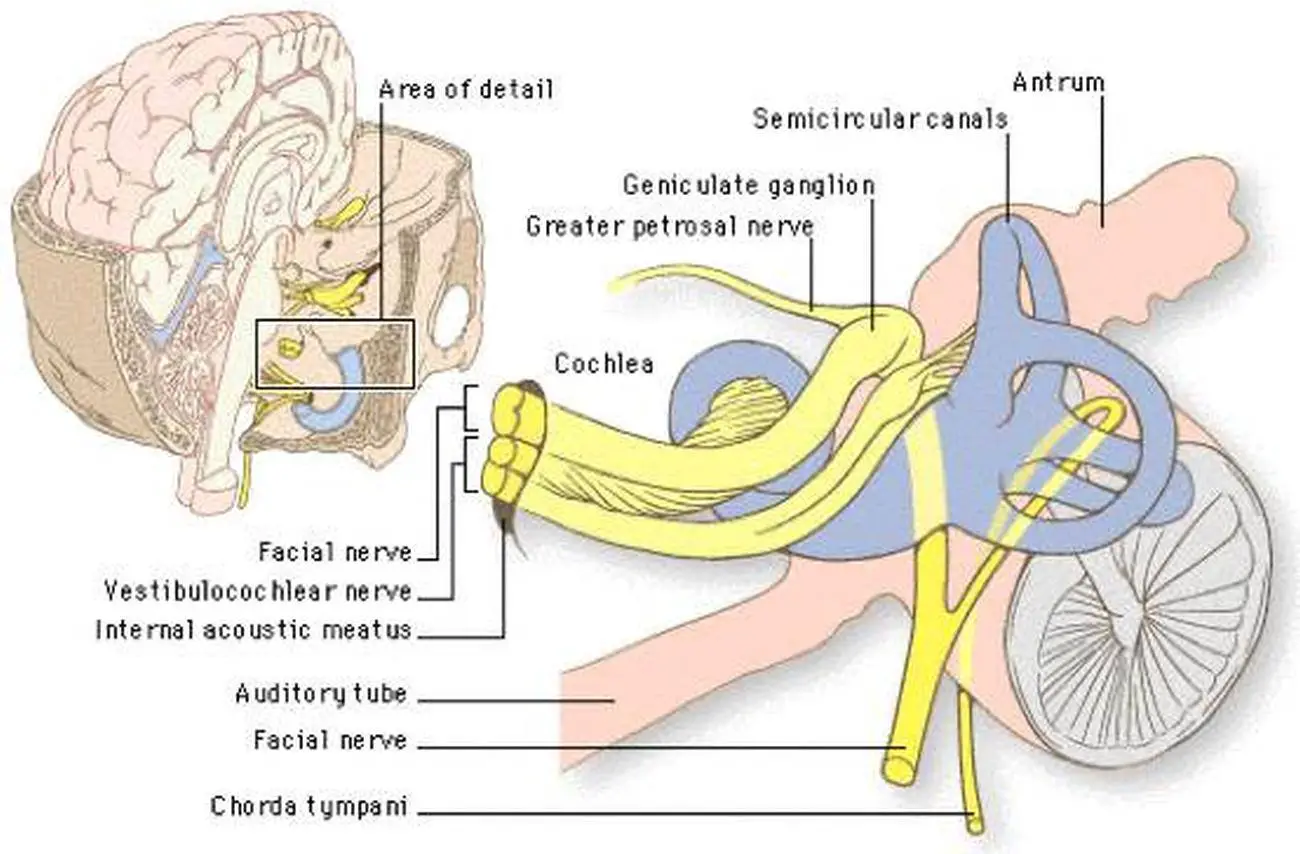
DiagnosisĪn acoustic neuroma is often hard to diagnose in the early stages because symptoms may be easy to miss and develop slowly over time. This increases the pressure inside the skull. Fluid can build up in your head, a condition known as hydrocephalus. Large tumors may press on the brainstem, occasionally preventing the flow of cerebrospinal fluid between the brain and spinal cord. ComplicationsĪn acoustic neuroma may cause permanent complications, including: The person has a 50% chance of having an unaffected child. A person with an autosomal dominant disorder - in this example, the father - has a 50% chance of having an affected child with one changed gene. You need only one changed gene to be affected by this type of disorder. It's located on one of the nonsex chromosomes, called autosomes. In an autosomal dominant disorder, the changed gene is a dominant gene. These tumors are known as bilateral vestibular schwannomas. People with neurofibromatosis type 2 usually have growth of tumors on the hearing and balance nerves on both sides of the head.

This gene change is inherited in people with a rare disorder called neurofibromatosis type 2. Often there is no known cause for an acoustic neuroma. Typically, this gene produces a tumor suppressor protein that helps control the growth of Schwann cells covering the nerves.Įxperts don't know what causes this problem with the gene. The cause of acoustic neuromas can sometimes be linked to a problem with a gene on chromosome 22.
AUDITORY NERVE NEUROMA PROFESSIONAL
See a health care professional if you notice hearing loss in one ear, ringing in your ear or balance problems.Įarly diagnosis of an acoustic neuroma may help keep the tumor from growing large enough to cause complications such as total hearing loss. Rarely, an acoustic neuroma may grow large enough to compress the brainstem and become life-threatening.

The tumor also can put pressure on nearby nerves controlling facial muscles, known as the facial nerve, and sensation, known as the trigeminal nerve. Symptoms may occur because of the tumor's effects on the hearing and balance nerves. Symptoms of an acoustic neuroma are often easy to miss and may take years to develop. In some cases, the tumor may grow and affect the cerebellum or other brain tissues, as shown in the magnetic resonance imaging (MRI) scan and illustrations above. The pressure on the nerve from the tumor may cause hearing loss and imbalance. These nerves lead from your inner ear to the brain, as shown in the top image.

It develops on the balance nerve, known as the vestibular nerve, and on the auditory nerve, known as the cochlear nerve. An acoustic neuroma, also known as a vestibular schwannoma, is a noncancerous tumor.


 0 kommentar(er)
0 kommentar(er)
